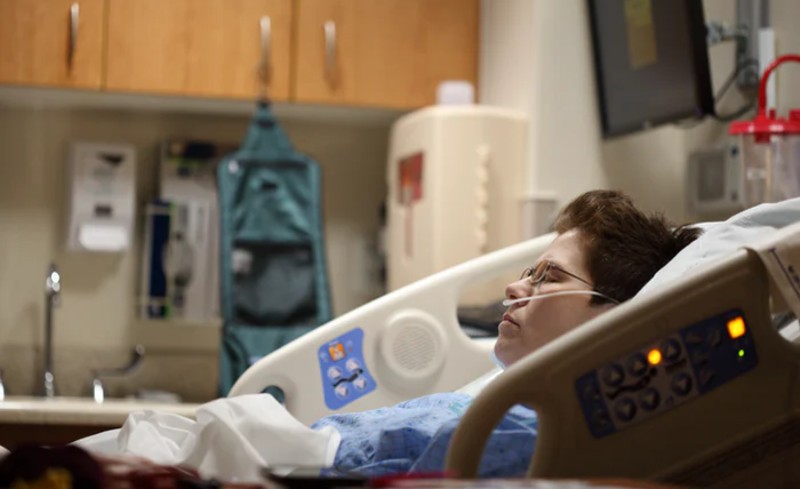We’ve previously discussed the importance of talking with your pharmacist about cannabis, but research shows that if you’re heading into your surgery, your physician anesthesiologist should also be aware of your use.
A new study being presented at the ANESTHESIOLOGY 2020 (sic) annual meeting shows that cannabis users require more anesthesia during surgery than non-users and use higher amounts of opioids during recovery at the hospital.
“There is some evidence that cannabis may be beneficial for chronic and nerve pain. However, early research suggests that this is not the case for acute pain such as for surgery of a broken leg,” said Ian Holmen, M.D., lead author of the study and an anesthesiology resident at the University of Colorado Hospital, Aurora.
The researchers looked at the charts of 118 patients who all went into surgery for a broken leg at the University of Colorado Hospital.
Of those, 30 patients reported having cannabis prior to the surgery.
After comparing the two groups, cannabis-users vs. non-users, evaluating the amount of anesthesia provided, patient pain scores, and the dosage of opioids ingested after surgery, the researchers found some interesting data.
According to a press release by the American Society of Anesthesiologists, the study found that cannabis users:
- Required more sevoflurane (anesthetic): an average of 37.4 ml vs. 25 ml
- Reported higher pain scores while in recovery: an average of 6 vs. 4.8, a statistically significant difference (based on the patient’s response to their level of pain, with 0-3 being little to no pain, 4-7 being moderate but tolerable pain and 8-10 being severe pain)
- Received 58% more opioids per day while in the hospital (a typical stay was 2-3 days): an average of 155.9 morphine milligram equivalents (MME) per day vs. 98.6 MME per day
“We now understand patients who chronically use opioids prior to surgery often have exaggerated pain responses and need increased pain medication after surgery because they have an increased tolerance. We speculate that cannabis use may cause a similar effect, but we need more research to determine if this is the case,” said Dr. Holman.
David Hepner MD, MPH, who is an associate professor of anesthesia at Harvard Medical School, shares in an article for Harvard Health that because cannabis and anesthesia both affect the central nervous system, this is why people who use marijuana regularly may need different amounts of anesthesia.
“Regular users of marijuana generally need larger doses of anesthesia medicines in order to achieve the same degree of sedation,” said Hepner. “If you don’t tell your anesthesiologist how much marijuana you smoke, he or she may underestimate how much anesthesia will be needed for you to ‘go to sleep’ and stay asleep during your procedure.”
In fact, the American Society of Anesthesiologists has a full disclosure key to a safe anesthesia experience, which includes telling your physician anesthesiologist about whether you’ve had cannabis prior to surgery.
According to the document, this includes edibles, smoking, or other methods.
While medical cannabis is now legal in 33 states, there is still some negative stigma attached to the flower, which makes some people uncomfortable to admit their use.
However, when it comes to surgery, informing your physician anesthesiologist about your cannabis intake will only help you have a safer procedure.






